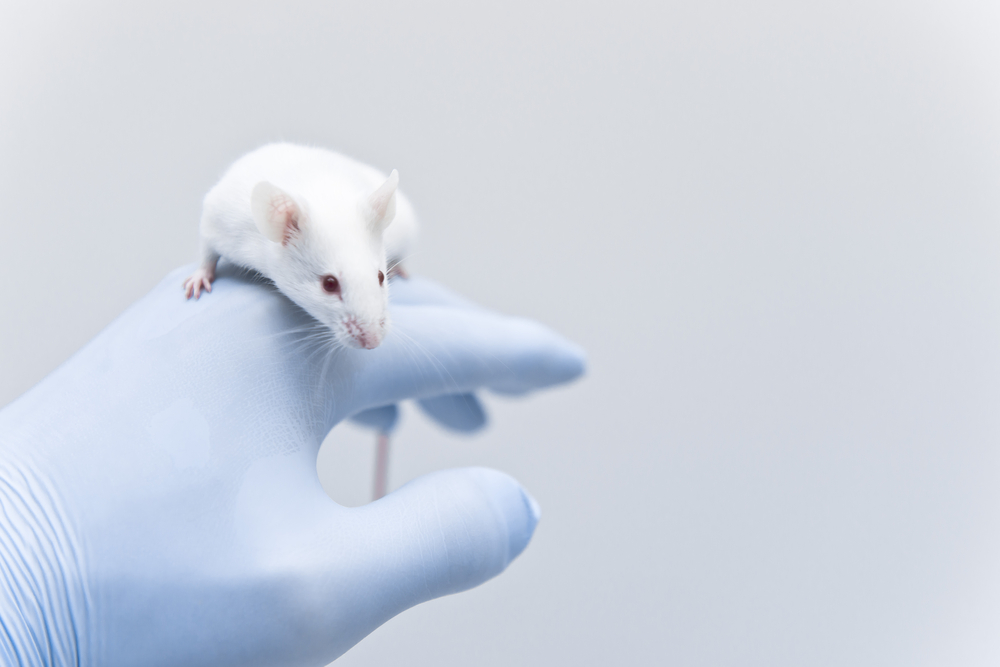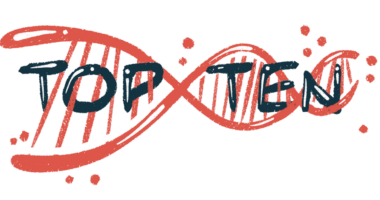AdipoRon Eases Inflammation, Improves Motor Function in DMD Mice, Study Shows

Oral treatment with AdipoRon reduced inflammation in muscle, promoted muscle fiber proliferation, and improved muscle and motor function in a mouse model of Duchenne muscular dystrophy (DMD), a study showed.
Anti-inflammatory effects were also seen in muscle cells from people with DMD. The scientists said AdipoRon has the potential to be used in new ways to treat DMD and other disorders.
The study, “AdipoRon, a New Therapeutic Prospect for Duchenne Muscular Dystrophy,” was published in the Journal of Cachexia, Sarcopenia and Muscle.
DMD is caused by mutations in the gene that codes for dystrophin, an essential protein for muscle fiber integrity. The inflammatory response induced by damaged muscle, and its deficient regeneration, are largely responsible for disease progression.
Adiponectin is a hormone secreted by adipocytes (fat cells). By binding to its receptor, it regulates several metabolic processes, including the body’s sensitization to insulin and anti-inflammatory responses.
Investigators at Université Catholique de Louvain in Belgium showed that adiponectin has powerful anti‐inflammatory effects on damaged skeletal muscle, with subsequent work revealing that it may protect against the progression of DMD in a mouse model. However, it is difficult to use adiponectin as a medicine, since its structure is complex, its blood concentration drops quickly, and it has to be injected.
AdipoRon is a lab-made analogue that mimics the effects of adiponectin and can be given orally. Though it has shown potential for the treatment of obesity-related disorders, it has not been tested in skeletal muscle.
The team used the mdx mouse model of DMD, giving the mice AdipoRon (50 mg/kg per day) for two months, and comparing them with untreated mdx mice and with control animals. They started treatment with AdipoRon when the mice were four weeks old, about the age that muscle degeneration starts in this mouse model of DMD.
Results showed that AdipoRon reduced oxidative stress and inflammation in the muscles of mdx mice, while also increasing levels of the anti‐inflammatory molecule interleukin-10. Oxidative stress occurs when the production of toxic free radicals outweighs the body’s antioxidant defenses.
AdipoRon also promoted muscle regeneration, eased damage in the muscle cells’ membrane (sarcolemma) and increased levels of utrophin — a protein similar to dystrophin that is being explored as a potential treatment approach in DMD.
When compared with untreated mdx mice, animals treated with AdipoRon showed better physical performance, with an increase in both muscle force and endurance, and normalization of running ability to levels similar to unaffected controls.
The investigators tested the effects of AdipoRon in skeletal muscle cells isolated from five DMD patients, ranging in age from 12 to 15, and three healthy controls. The findings showed less production of inflammatory molecules and higher levels of utrophin’s messenger RNA, which contains instructions to make the protein.
“These results demonstrate that AdipoRon exerts several beneficial effects on the dystrophic muscle,” the researchers wrote.
“While dystrophin gene therapy constitutes the best hope for treating DMD, we propose that AdipoRon could provide additional benefits to complete and improve upon already existing treatments,” they said. “Similarly, AdipoRon could also pave the way for novel strategies to treat other muscle and inflammatory disorders.”






